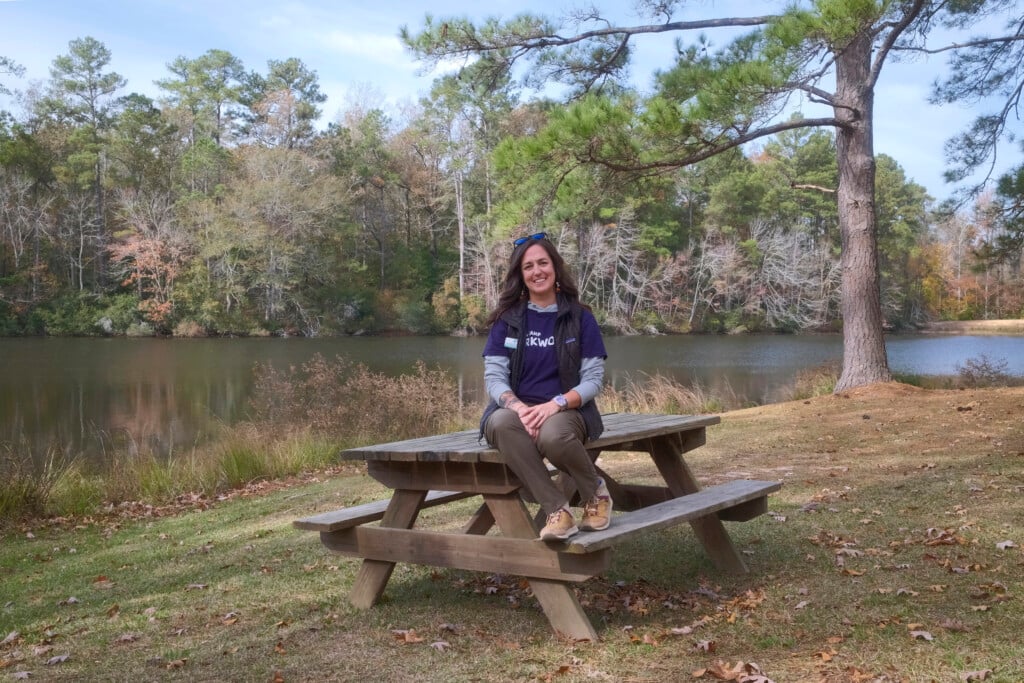Home Alone
Direct Male: When the wilderness calls
Recently, I’ve been watching and rewatching the tenth season of a reality show called Alone. Alone actually does what shows like Survivor only pretend to do: drops contestants into the wilderness with limited tools and challenges them to live off the land. Ten contestants are taxed with filming themselves while they build shelters; hunt, trap, and fish; and strive to keep fires burning against extreme cold. Whoever lasts the longest earns five hundred grand.
Why do I keep tuning in? Partly, it’s because the show is both meditative and exciting. Watching the contestants set their gill nets, cast their fishing lines, and set their snares is inherently peaceful. But when they land a fish or catch small game, it is genuinely thrilling. You usually couldn’t pay me to watch a fishing or hunting show, but that’s because those doing the hunting and fishing usually have big guts and full bellies. The contestants on Alone often go days, sometimes weeks, on berries alone, so as they hunt and fish, they’re desperate for calories. By the way, if you ever need to lose weight fast, get dropped in the wilderness and fend for yourself for a couple of weeks. The pounds will drop like crazy.
Since contestants who become too thin risk being removed from the contest by the show’s medical staff, many contestants strategically put on dozens of pounds before the contest even begins. This makes the point that our consumer society seems built to pack on the pounds; while in the natural world, you have to fight every day to avoid starvation.
Perhaps the main reason I keep watching is because three of the ten contestants are women, and it’s interesting to consider differences in how the women cope versus the men.
In addition to contending with hunger and the elements, the contestants also battle loneliness. Other than a weekly med check where they are weighed and given a physical, the contestants are truly alone. And those who last the longest are alone for sixty or seventy days. Some contestants drift into melancholy and despair. It’s generally the male contestants who “tap out” after a long weepy confession to the camera about how much they miss their spouse or kids. The women, on the other hand, generally seem content on their own foraging berries, trapping small game, and making cozy shelters.
The male contestants tend to take more brazen chances with their lives than the female contestants. In an episode I watched recently, a man risked death by foolishly eating a mushroom he wasn’t familiar with. The same contestant, worried about being medically removed from the contest, hid an oozing puncture wound on his arm from medical staff risking infection or worse. Two other men built small watercraft. It felt like a minor miracle they didn’t fall in the cold waters and get hypothermia. Generally, the female contestants are more prudent with their health and welfare.
Another difference between the male and female contestants is the men are generally more preoccupied by the prospect of killing a bear, a moose, or other big game. There’s a sense that these men feel like if they can just make one big score, all their troubles will be over. The female contestants, on the other hand, approach survival on more of a day-to-day, small successes approach.
Other differences include the fact that when frustrated or celebrating, the men cuss on camera (and get bleeped) much more than the female contestants. The men also look at their cameras and make stupid jokes (often dad jokes) at a much higher rate than the women. Then men also tend to be the contestants who catch gastric bugs and end up puking or fleeing their shelters to squat in the woods.
Despite the many differences detailed above, women and men equally fall prey to the mistake of burning too many calories by building overly elaborate shelters. Maybe this is a symptom of our society’s obsession with big houses as status symbols. Contestants both male and female can’t help but brag to their GoPros that their shelter, as one contestant put it, would definitely win “Alone Cribs.” Some contestants are literally starving as they build roomy log cabin-style shelters when a modest “teepee” style would have been quicker to build and easier to heat.
None of the contestants, men or women, are squeamish about killing, dressing, or cooking animals. Of course, they wouldn’t be on the show if they were since all the contestants have survival training and are experienced hunters. But it is novel (to this nonhunter at least) to watch a woman skin an animal and eat its brain.
Among the contestants male and female, there is a universal reverence for animal life and for the land. While there is a certain amount of glee when an arrow kills a grouse or a fish is found in a gill net, all the contestants, male and female, express their gratitude to the land for providing them sustenance.
Dylan Patterson is a writer and filmmaker who teaches English at Cape Fear Community College. Mark Weber is a Wilmington-based artist and illustrates WILMA’s monthly Direct Male essay. weberillustration.com
To view more of illustrator Mark Weber’s work, go to markweberart.blogspot.com.
Want more WILMA? Click here to sign up for our WILMA newsletters and announcements.




